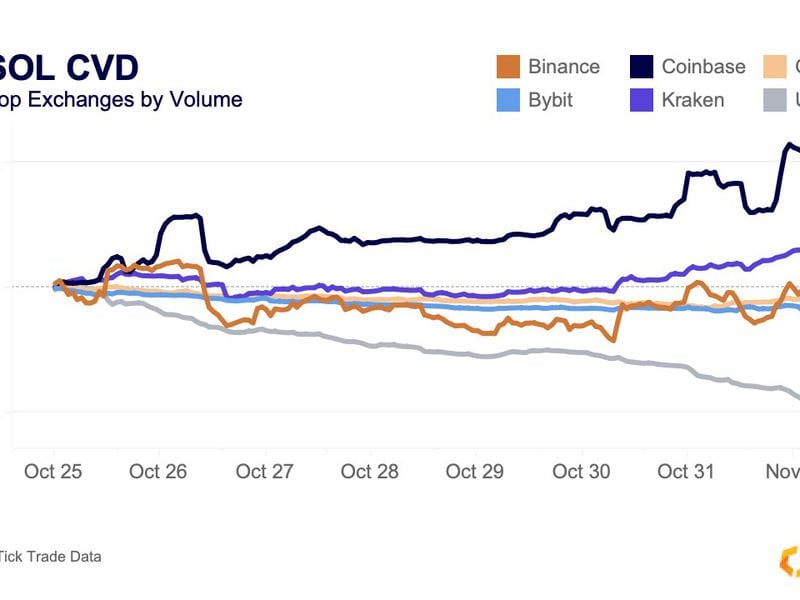Coinbase has launched a new grassroots political campaign, the ‘Crypto435’ initiative, to strengthen pro-crypto policies. In a Feb. 28 Twitter thread, the company stated that the purpose of this campaign is to “amplify the voices of cryptocurrency users and equip them with the necessary tools and resources” to be heard in all 435 congressional districts across the United States. The goal is to build a strong crypto advocacy community that can make its presence felt regarding policymaking.
Coinbase has created a signup page encouraging users to provide their name, address, phone number, and email address to receive further information. The platform promises those who register will be given an insight into how to contact specific politicians based on their local districts and stance on crypto. Coinbase said it would supply tips on making your voice heard in Washington, D.C., among other pertinent details.
This call to action comes as the crypto community faces a “pivotal moment,” noting that decisions made by legislators and regulators regarding cryptocurrency have the potential to shape its future use. Coinbase commented: “The crypto community has reached an important moment. Decisions being made by legislators and regulators in D.C. and around the country will impact the future of how we can build, buy, sell, and use crypto.”
The announcement from Coinbase elicited a variety of reactions on Twitter. Many users celebrated the news, commending the company’s stance: “Crypto is what we can all come together and support” and “Good stuff Coinbase. Very important!”. However, some XRP fans were more critical, accusing Coinbase of hypocrisy for delisting XRP after the Securities and Exchange Commission (SEC) classified it as a security. They argued that if Coinbase truly wanted to challenge the powers in place, they should have kept XRP available despite its status.
The U.S. Congress has yet to take definitive action on defining cryptocurrencies or laying out specific frameworks for crypto businesses to comply with regulations. This starkly contrasts with other countries, such as Singapore, which have already passed laws that specify requirements for crypto-related enterprises within their jurisdiction. SEC Chairman Gary Gensler asserts that existing U.S. securities law applies to cryptocurrencies in some situations; however, companies like Nexo have contested that current U.S. regulations are so unclear they don’t know how to meet them.
The matter of crypto regulation continues to be a contentious point among industry insiders and outside observers alike. Crypto companies have previously donated funds to lobbying groups, but this marks one of the first times a cryptocurrency company has spearheaded an organized grassroots political movement.





